Broiler goats are bred specifically for meat production, making them a lucrative livestock option for farmers looking to capitalize on the growing demand for high-quality goat meat in the market. Broiler goat farming involves raising these specially bred goats in a controlled environment to ensure optimal growth and development. By providing proper care, nutrition, and management practices, farmers can maximize the profitability of their operations and meet consumer demands for premium quality goat meat products.
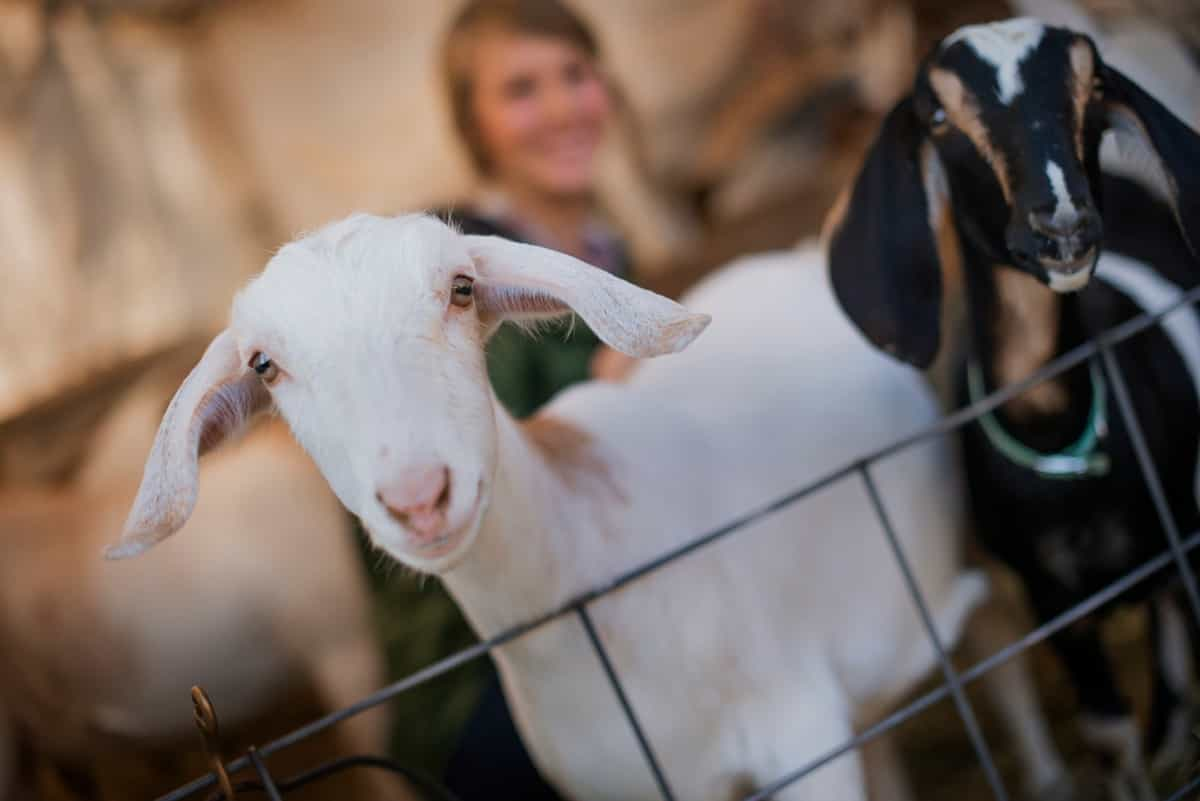
Profit Potential with Broiler Goat Farming
Understanding Broiler Goat Breeds
When it comes to broiler goat farming, understanding the different breeds is crucial for success. Each breed has its unique characteristics that can impact your farm’s profitability. Boer goats, known for their fast growth rate and high-quality meat, are a popular choice among farmers.
Kiko goats are resilient and adaptable to various climates, making them ideal for diverse farming conditions. Spanish goats are hardy and low-maintenance, perfect for beginners or those looking for a less intensive option. Savanna goats are known for their excellent maternal instincts and disease resistance, making them a valuable addition to any herd.
Advantages of Broiler Goats
The main benefit is their fast growth rate, which allows for quicker turnover and potential profits. Additionally, broiler goats are known for their high meat yield compared to other types of goat breeds. This means more meat production per animal, maximizing returns on investment. Another advantage of broiler goats is their adaptability to various climates and environments, making them suitable for a wide range of farming conditions.
They are also relatively low-maintenance animals, requiring less intensive care compared to some other livestock species. Moreover, broiler goats have a strong resistance to diseases and parasites, reducing the need for frequent veterinary interventions and lowering overall healthcare costs. Their efficient feed conversion rate further contributes to cost-effectiveness in raising these animals.
Developing Farm Infrastructure in Proper Location
Firstly, you need to choose a location that provides ample space for your goats to roam and graze freely. A spacious area with access to clean water sources is essential for their health. Next, consider building sturdy shelters that protect your broiler goats from harsh weather conditions such as extreme heat or cold. Adequate ventilation is key to ensuring good air quality within the shelter.
Additionally, secure fencing is necessary to keep predators at bay and prevent your goats from wandering off. Invest in durable fencing materials that can withstand the wear and tear of constant use. Set up feeding and watering stations strategically around the farm to ensure easy access for all your broiler goats. Properly designed infrastructure plays a significant role in optimizing productivity on your farm.
Buying Quality Broiler Goat Kids
These young goats are the foundation of your herd and will determine the future success of your farm. Look for reputable breeders or sellers who prioritize quality genetics, health, and overall well-being of their animals. Visiting the farm in person can give you insight into how the goats are raised and cared for.
In case you missed it: Top 20 Goat and Sheep Weight Gain Supplements: Best Sheep and Goat Weight Gain Formulas
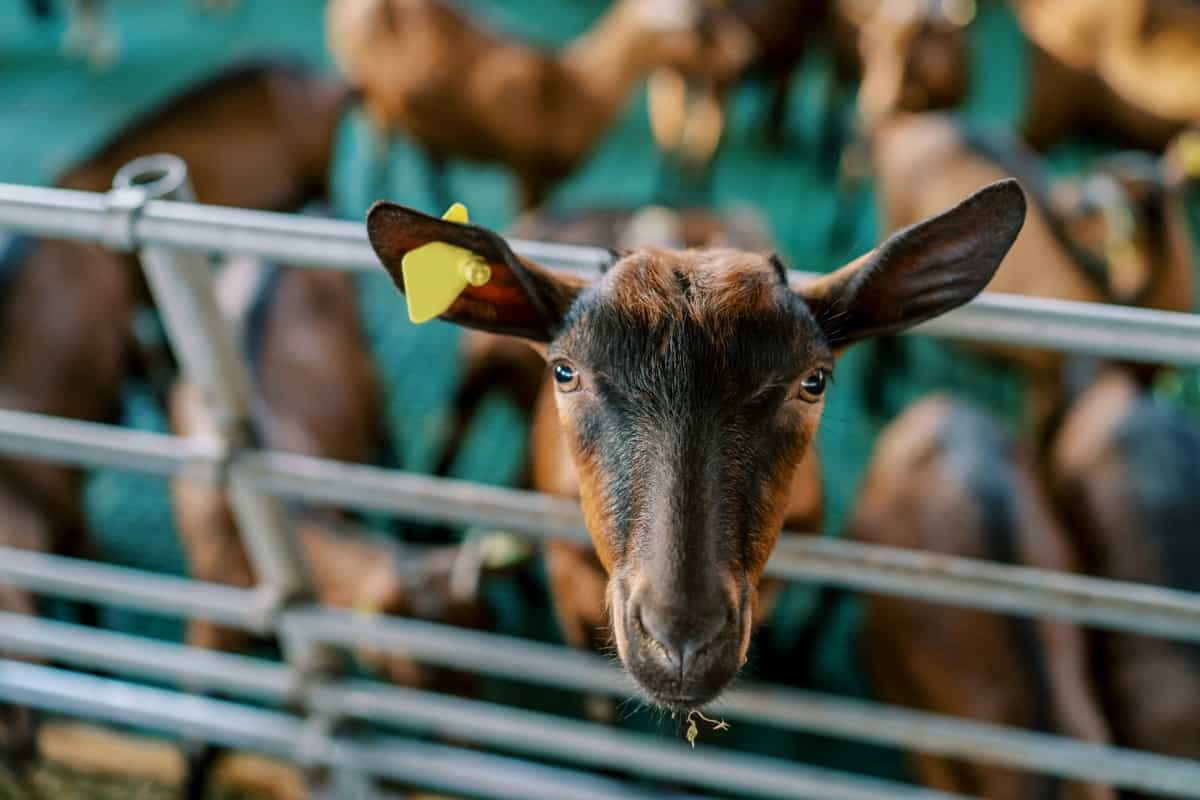
When selecting broiler goat kids, please pay attention to their conformation, size, coat condition, and alertness. Opt for goats that exhibit good growth potential and vitality. Ensure that the kids have received necessary vaccinations and deworming treatments before bringing them to your farm. Quarantine new additions to prevent diseases in your existing herd. Investing in high-quality broiler goat kids may require a higher upfront cost but can significantly impact the productivity and profitability of your farm in the long run.
Creating Housing and Shelter
The shelter should protect from harsh weather conditions such as rain, wind, and extreme heat. It should also have proper ventilation to prevent respiratory issues among the goats. The housing structure should be spacious enough to allow the goats to move around comfortably. Make sure there are separate areas for feeding and kidding to maintain a clean and organized environment. Adequate bedding material should be provided for comfort and hygiene purposes.
Ensure that the housing is secure from predators by installing fencing or other protective measures. Regularly inspect the infrastructure for any damages that may compromise the safety of your goats. Remember that a well-designed housing facility contributes significantly to the health and productivity of your broiler goats.
Best Nutrition and Feeding Practices for Broiler Goats
Providing goats with the best nutrition and feeding practices is essential for their growth and development. Broiler goats require a well-balanced diet that includes high-quality hay, grains, and protein sources such as legumes. It’s important to ensure that they have access to clean water to prevent dehydration and aid digestion. Additionally, supplementing their diet with minerals and vitamins can help boost their overall health.
In case you missed it: Key Rules to Start Totapari Goat Farming from Scratch: Requirements and Business Plan
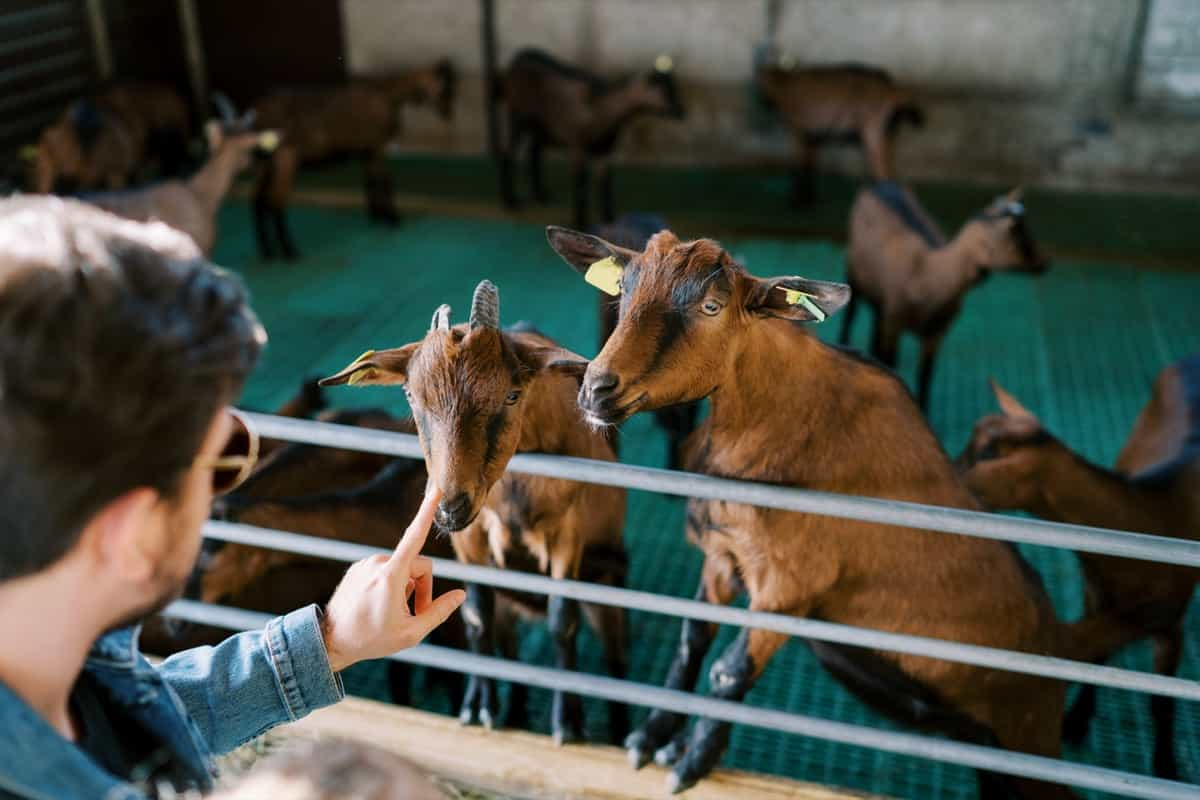
Feeding broiler goats multiple times a day in smaller portions rather than one large meal can help improve digestion and nutrient absorption. Monitoring their feed intake closely is crucial to prevent overeating or underfeeding, which can impact their growth rate. Consulting with a livestock nutritionist can also provide valuable insights into customizing a feeding plan tailored to your broiler goat’s specific needs.
Practices for Health Management and Disease Prevention
Ensuring the health and well-being of your broiler goats is crucial for a successful farming operation. Implementing effective health management practices can help prevent diseases and maintain optimal growth rates in your herd. Regularly monitor the overall health condition of your goats by conducting routine health checks and observing any unusual behavior or symptoms. Work closely with a veterinarian to develop a vaccination schedule tailored to your farm’s specific needs.
Maintain clean living conditions by regularly cleaning and disinfecting housing facilities, feeders, and water sources. Proper ventilation is also essential to prevent respiratory issues among your goats. Please provide a good diet rich in nutrients to support their immune system and overall health. Implement biosecurity measures to limit the introduction of pathogens onto your farm. Quarantine new animals before introducing them into the existing herd, and practice strict hygiene protocols when handling sick or potentially infected goats.
Best Breeding and Reproduction Strategies
Selecting high-quality breeding stock with desirable traits such as fast growth rate and good meat yield is crucial for producing healthy offspring. Maintaining proper herd management practices like controlled mating and regular health checks can help ensure successful pregnancies and reduce the risk of reproductive issues.
In case you missed it: Top 20 Goat and Sheep Weight Gain Supplements: Best Sheep and Goat Weight Gain Formulas
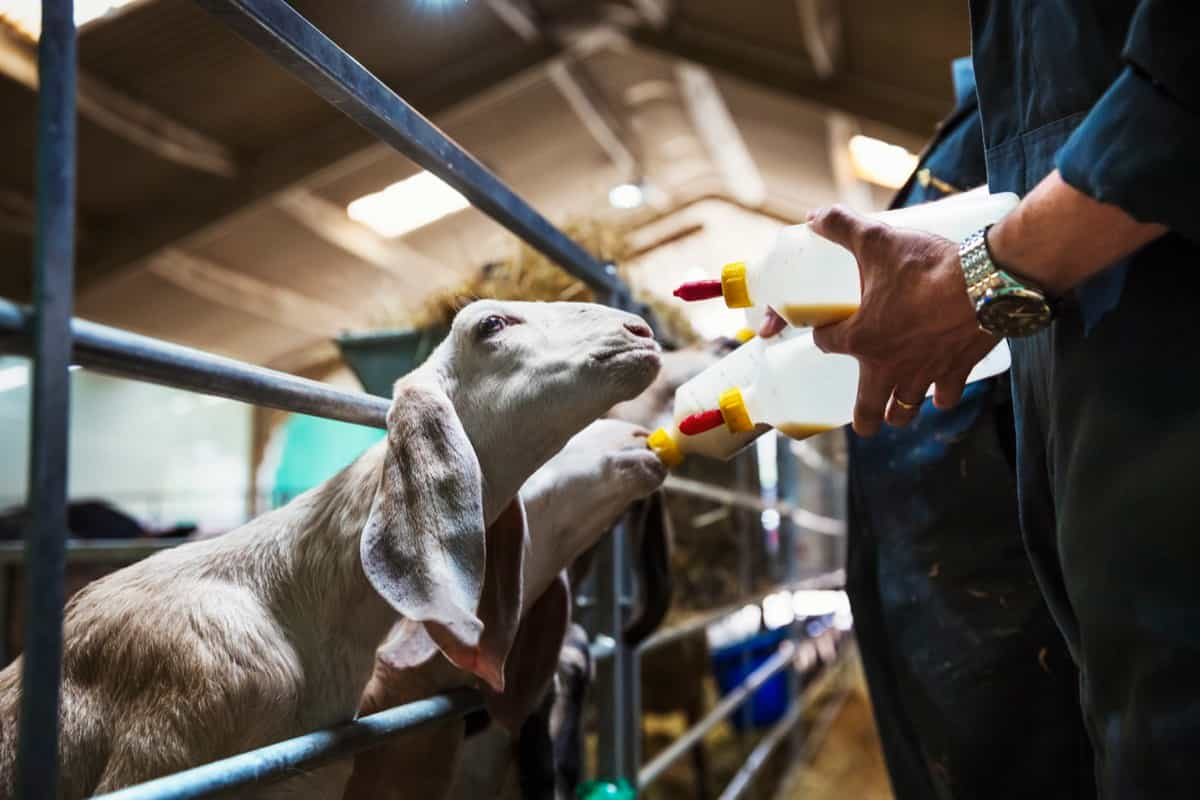
Implementing a well-planned breeding schedule based on the natural breeding cycle of goats can help you optimize your production efficiency. Monitoring the reproductive health of your goats through routine screenings and vaccinations can prevent diseases that may impact fertility rates. By applying breeding strategies, you can enhance the genetic potential of your broiler goat herd and ultimately improve your farm’s profitability in the long run.
How to Monitor the Growth of Broiler Goats
Monitoring the growth of your broiler goats is crucial for ensuring their health and productivity. Regularly weigh them to track their progress accurately. Keep detailed records of each goat’s weight gain over time. Observing their behavior can also provide insights into their well-being and growth. Maintain a clean living environment to prevent diseases that could hinder growth. Check for any signs of illness or malnutrition, such as poor coat condition or lack of energy. Consult with a veterinarian if you notice any concerning symptoms in your goats.
Implement a balanced diet rich in nutrients to support optimal growth and development. Adjust feeding practices based on individual goat needs and growth stages. Provide access to fresh water at all times to keep them hydrated. Regularly assess the body condition of your goats to ensure they are growing at a healthy rate. Make necessary adjustments to their diet or management practices as needed for consistent growth outcomes.
Feed Conversion Ratio Optimization for Better Growth
Optimizing the feed conversion ratio is crucial for maximizing the growth and profitability of your broiler goat farm. By ensuring that your goats efficiently convert feed into muscle, you can achieve better growth rates and reduce overall production costs. To improve this ratio, focus on providing high-quality, nutritionally balanced feed to your goats. This means selecting feeds that are rich in protein, vitamins, and minerals essential for their growth and development.
Additionally, ensure that the feed is fresh and free from contaminants to promote optimal digestion. Regularly monitor the weight gain of your goats to assess how effectively they are converting feed into body mass. Adjust feeding practices as needed based on these observations to optimize their growth potential. Implementing proper feeding schedules and portion control can also help prevent wastage and ensure that each goat receives the nutrients it needs without overeating or under-consumption.
Cost to Start a Broiler Goat Farm
Starting a broiler goat farm involves various costs that need to be carefully considered. The initial investment includes acquiring suitable land, constructing housing and shelter facilities, purchasing quality broiler goat kids, and investing in proper nutrition and feeding practices. Additionally, expenses for health management, breeding strategies, monitoring growth, and optimizing feed conversion ratios are essential for success.
Additionally, setting up proper fencing and investing in necessary equipment, such as waterers and feeding troughs, is essential. The investment required can change based on several factors but typically ranges from $5,000 to $10,000. Proper planning and budgeting at this stage will contribute to the overall profitability of your venture in the long run.
Expected Profits in Broiler Goat Farm
On average, a well-managed Broiler Goat Farm can yield profits between $10,000 to $30,000 annually. These values may vary based on factors such as market demand, feed costs, and overall management practices. With proper planning and management, achieving these profit levels is within reach for aspiring farmers. By providing quality care for the goats and optimizing production processes, you can maximize your earnings.
In case you missed it: How to Start Profitable Pygmy Goat Farming: Business Plan and Requirements
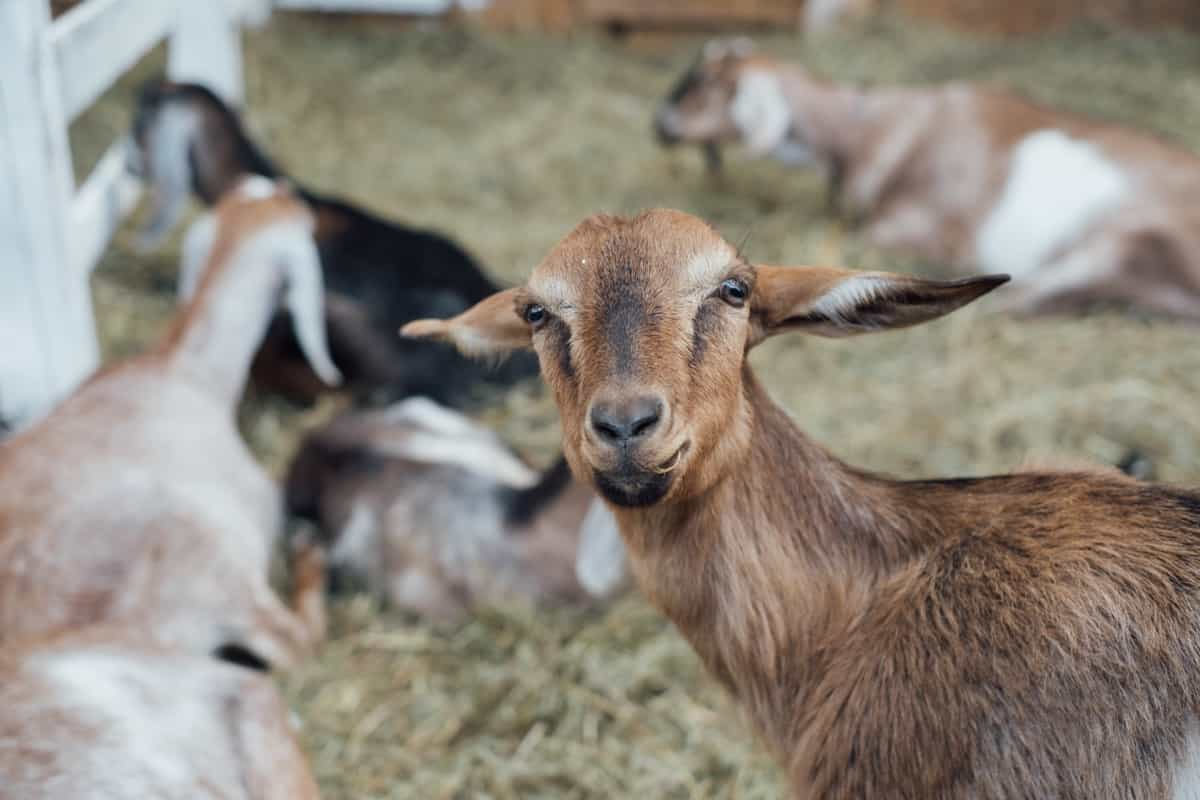
Factors like market demand, pricing strategy, and operational efficiency play crucial roles in determining your annual profits in broiler goat farming. By implementing best practices and staying committed to excellence, you can secure a lucrative income from your broiler goat farm operation.
Sustainable Practices in Broiler Goat Farming
One sustainable practice is rotational grazing, which involves moving goats to different pastures periodically to prevent overgrazing and allow vegetation to regenerate naturally. This helps maintain soil health and biodiversity on the farm. Another important aspect is waste management. Proper disposal of goat manure can be utilized as organic fertilizer, reducing reliance on chemical inputs while promoting soil fertility.
Utilizing renewable energy sources for farm operations can reduce carbon footprint and lower energy costs in the long run. Implementing these sustainable practices not only benefits the environment but also contributes to creating a more resilient and profitable broiler goat farming operation in the future.
Challenges and Problems in Broiler Goat Farming
One common challenge is disease management; ensuring the health of your goats is crucial to the success of your farm. Preventative measures such as proper vaccination schedules and regular health check-ups can help mitigate this issue. Another challenge faced by broiler goat farmers is market fluctuations; prices for goat products can vary seasonally or due to external factors beyond your control. It’s essential to be informed about market trends and adapt your marketing strategies accordingly.
Additionally, securing a reliable water source for your goats can be a persistent problem in some regions. Adequate hydration is vital for their growth and overall health, so finding sustainable solutions to this challenge is paramount. Furthermore, managing feed costs while maintaining quality nutrition for your goats can be a balancing act that requires careful planning and budgeting. By implementing best practices and adapting to changing circumstances, you can overcome these obstacles and unlock the full profit potential of your farm.
Marketing Strategies for Broiler Goat Products
Utilizing social media can help showcase your products to a wider audience. Engaging with potential customers through interactive posts and stories can create buzz around your brand. Attending local farmers’ markets or agricultural fairs is another great way to connect with consumers who appreciate locally sourced products. Offering samples of your goat meat or cheese can entice people to try products and potentially make a purchase.
In case you missed it: How to Manage Chicken Feed Costs: Economic Strategies for Nutritious Poultry Diets
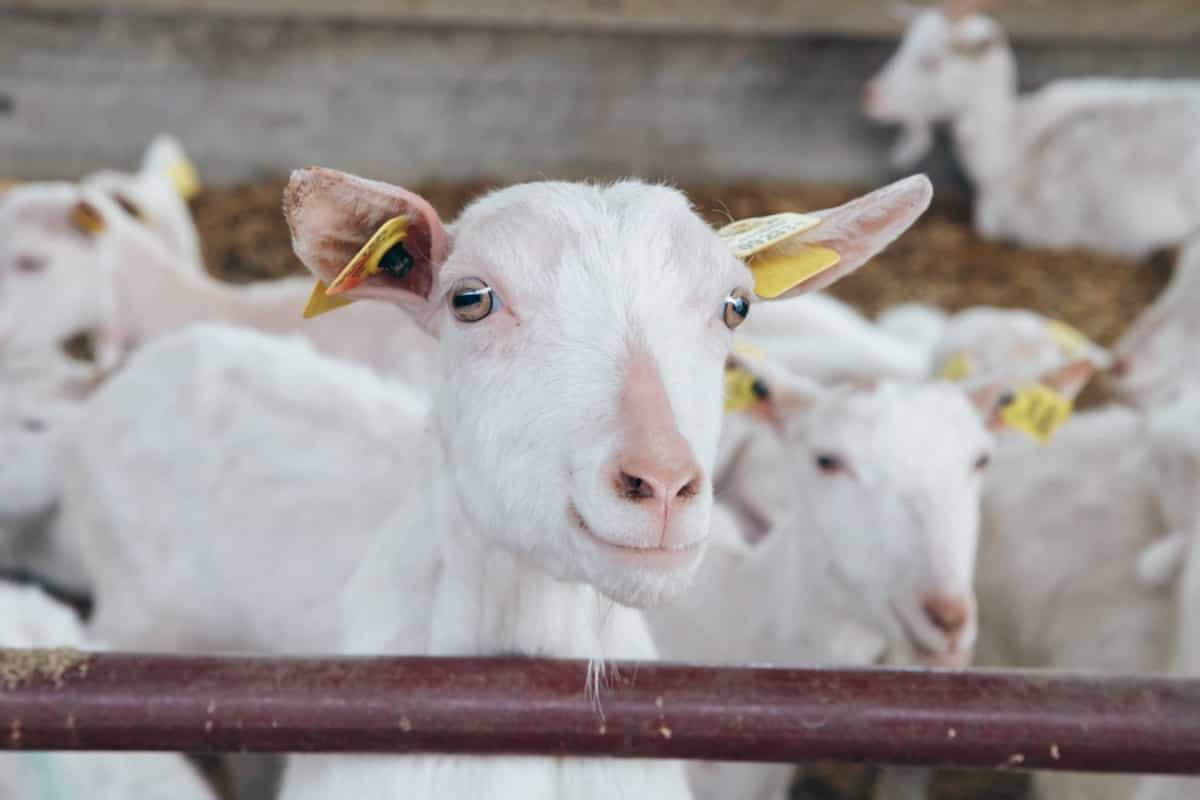
Collaborating with restaurants, butchers, or specialty food stores can be useful in expanding your broiler goat products. Establishing partnerships with businesses that value high-quality, sustainable produce can enhance the credibility of your brand. Additionally, creating an online presence through a website or e-commerce platform allows customers to easily place orders for your broiler goat products from the comfort of their homes. Providing detailed product descriptions and showcasing customer reviews can build trust and encourage sales.
Conclusion
Broiler goat farming is an agricultural practice focused on raising goats specifically for meat production. It plays a major role in meeting the increasing demand for meat worldwide. These goats are known for their fast growth rate and high-quality meat, making them a profitable venture for farmers. By investing in broiler goat farming, farmers can capitalize on the efficiency of these animals to generate income efficiently.
- Economical Aquaculture: A Guide to Low-Budget Fish Farming
- 15 Common Planting Errors That Can Doom Your Fruit Trees
- How to Make Houseplants Bushy: Effective Tips and Ideas
- Innovative Strategies for Boosting Coconut Pollination and Yield
- Pollination Strategies for Maximum Pumpkin Yield
- The Complete Guide to Chicken Fattening: Strategies for Maximum Growth
- Natural Solutions for Tulip Problems: 100% Effective Remedies for Leaf and Bulb-Related Issues
- Revolutionizing Citrus Preservation: Towards a Healthier, Greener Future
- Natural Solutions for Peony Leaf and Flower Problems: 100% Effective Remedies
- Maximizing Profits with Avocado Contract Farming in India: A Comprehensive Guide
- Natural Solutions for Hydrangea Problems: 100% Effective Remedies for Leaf and Flowers
- The Ultimate Guide to Choosing the Perfect Foliage Friend: Bringing Life Indoors
- From Sunlight to Sustainability: 15 Ways to Use Solar Technology in Agriculture
- The Ultimate Guide to Dong Tao Chicken: Exploring from History to Raising
- The Eco-Friendly Makeover: How to Convert Your Unused Swimming Pool into a Fish Pond
- Mastering the Art of Delaware Chicken Farming: Essentials for Healthy Backyard Flocks
- 20 Best Homemade Fertilizers for Money Plant: DIY Recipes and Application Methods
- How to Craft a Comprehensive Free-Range Chicken Farming Business Plan
- Brighten Your Flock: Raising Easter Egger Chickens for Beauty and Bounty
- How to Optimize Your Poultry Egg Farm Business Plan with These Strategies
- Subsidy for Spirulina Cultivation: How Indian Government Schemes Encouraging Spirulina Farmers
- Ultimate Guide to Raising Dominique Chickens: Breeding, Feeding, Egg-Production, and Care
- Mastering the Art of Raising Jersey Giant Chickens: Care, Feeding, and More
- Ultimate Guide to Raising Legbar Chickens: Breeding, Farming Practices, Diet, Egg-Production
- How to Raise Welsummer Chickens: A Comprehensive Guide for Beginners
- How to Protect Indoor Plants in Winter: A Comprehensive Guide
- Ultimate Guide to Grow Bag Gardening: Tips, Tricks, and Planting Ideas for Urban Gardeners
- Guide to Lotus Cultivation: How to Propagate, Plant, Grow, Care, Cost, and Profit
- Agriculture Drone Subsidy Scheme: Government Kisan Subsidy, License, and How to Apply Online
- Ultimate Guide to Raising Araucana Chickens: Breed Profile, Farming Economics, Diet, and Care
- Bringing Hydroponics to Classroom: Importance, Benefits of Learning for School Students
- Ultimate Guide to Raising Polish Chickens: Breed Profile, Farming Economics, Diet, and Care
- Ultimate Guide to Raising Australorp Chickens: Profile, Farming Economics, Egg Production, Diet, and Care
- Silkie Chicken Farming: Raising Practices, Varieties, Egg Production, Diet, and Care
- Sussex Chicken Farming: Raising Practices, Varieties, Egg Production, Diet and Care
- Homemade Feed Formulations for Livestock: Discover Cost-effective Starter to Finisher Feed Recipes
Can we add urea in this ration and what should be the nutrient profile of said mention formula